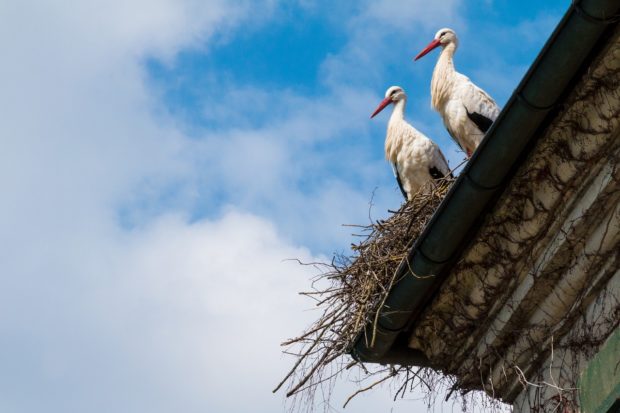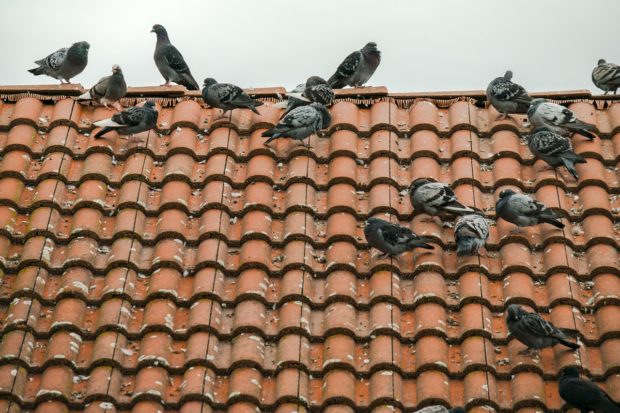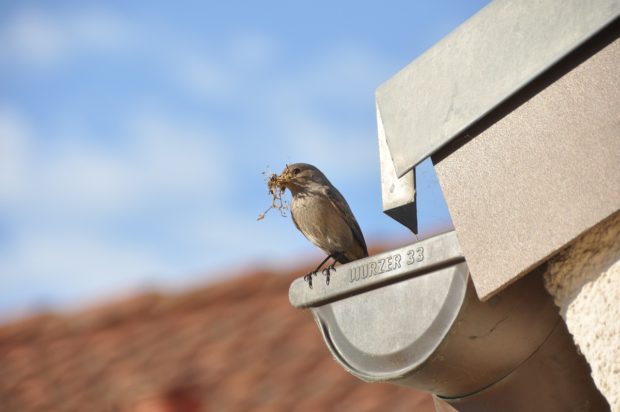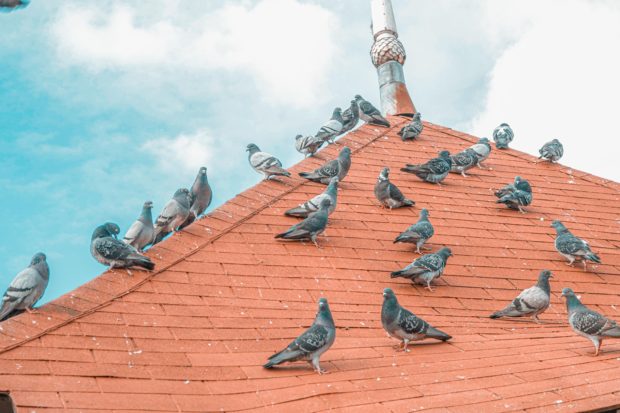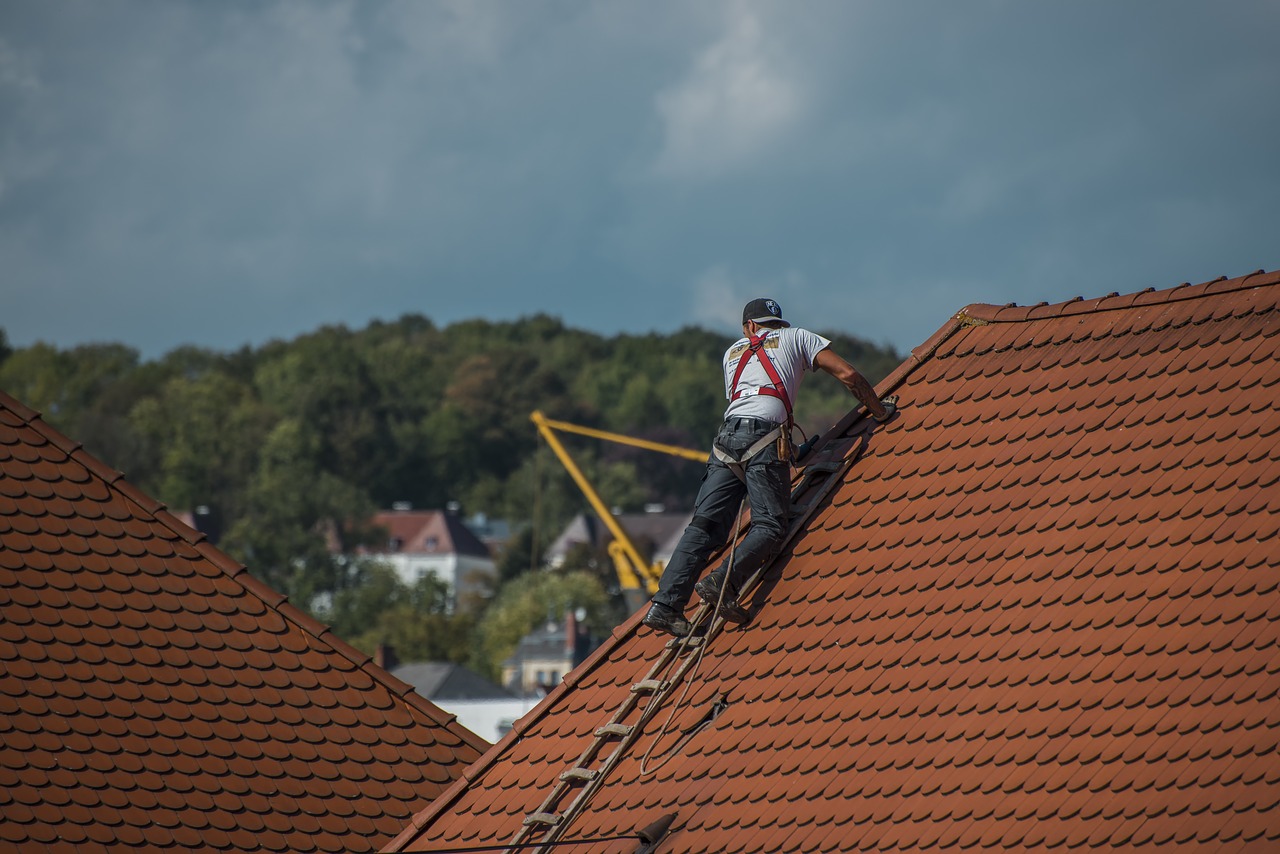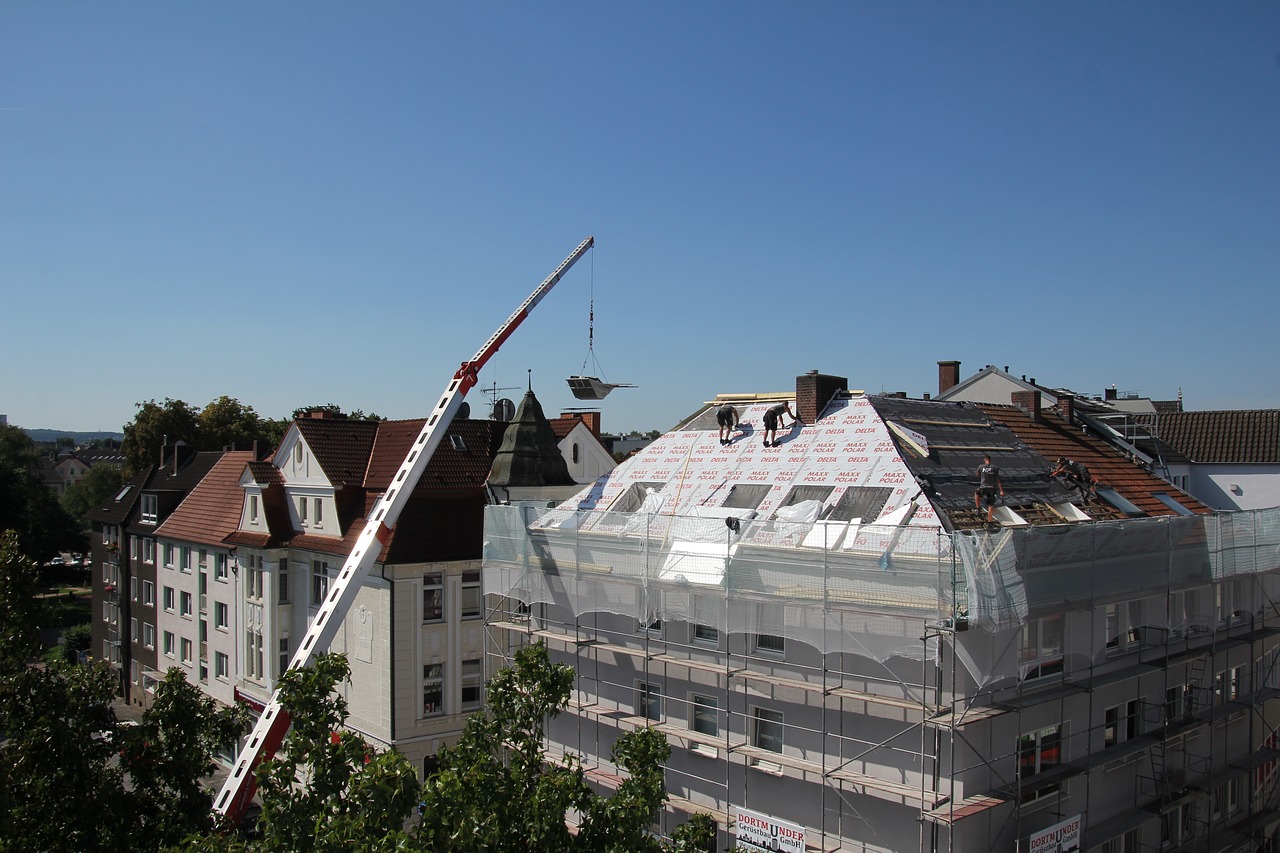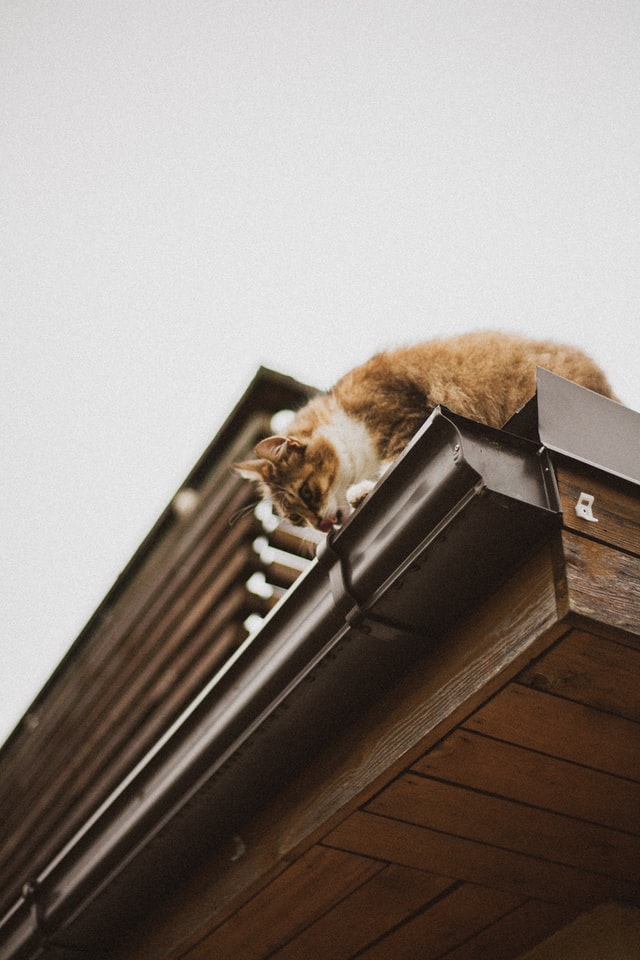Birds are wonderful creatures, beautiful and majestic. However, they can also be a real nuisance, especially if you take into consideration their droppings which can cause health problems. In urban areas, birds nest in gutters and eaves of houses. They peck holes into the stucco to build a nest. The droppings of birds have acidic properties that damage paint and metal.
Birds also carry diseases. Bird droppings can carry histoplasmosis, cryptococcus, psittacosis and a host of other diseases that humans can contract by breathing in spores from dried bird droppings. This is especially problematic in the areas where large numbers of birds congregate, such as on the roofs of buildings or under bridges. If you are wondering how to stay out of your home, we have a solution! The tips follow below!
Different birds – different problems
It’s best to prevent bird infestation as soon as possible so you won’t have to deal with it later on. The first thing to do is to identify which bird species is causing the problem. Some birds are beneficial for your garden and home while others may pose serious health risks. You have to know how to deal with birds in your garden and home before they become a real nuisance.
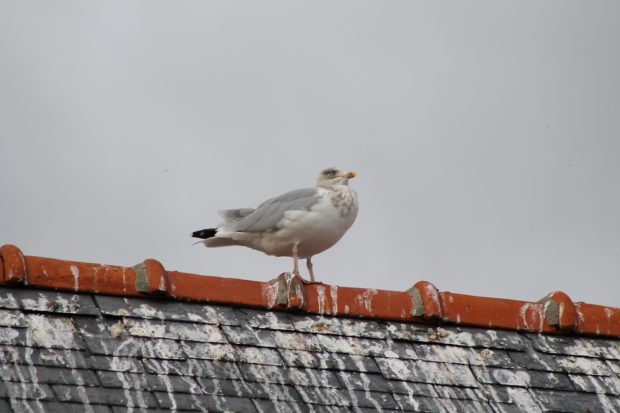
Which bird species are pests?
Birds are great pets and they’re also known for providing good luck. However, when not managed properly, their droppings can cause health problems such as histoplasmosis. It’s caused by a fungus found in bird droppings and soil where birds nest or roost. The most common birds that are considered pests include pigeons, crows, seagulls and sparrows. But it’s not just these species that cause problems to people. Owls can be a problem since they love to hunt mice and other small rodents but sometimes, they attack livestock or even humans; pelicans may destroy fish farms and steal all of the fish; parrots can destroy crops and scare away other animals; vultures can be dangerous since they feed on dead animal carcasses.
How do you get rid of birds?
Bird problems at home can be both annoying and costly. Birds are associated with many diseases, including cryptococcosis and histoplasmosis, which can be fatal. They also leave a lot of droppings, which may dirty your house and cause health issues for your family. To prevent birds from entering your home, use bird nets in open spaces like windows or balconies. You could also install spikes on window ledges to prevent birds from perching there or use sound repellents to scare away pigeons. Keep your yard clean so that birds don’t find food there. Clean the mess created by the birds regularly to prevent spreading diseases through their droppings.
What you definitely need to do is clean up everything that the birds have damaged and infected. You may need to thoroughly inspect and clean the yard. A perfect nesting place is the house gutter. If left unattended, nests inside gutters may block the rainwater flow. This sometimes makes cracks and wholes in the gutter in which case you need a complete gutter replacement.
What are the signs of a bird infestation?
The easiest way to detect bird infestation is by listening to the chirping sound of the bird. It could be the signs that there are birds in your house. A more evident sign is seeing birds fly out of your house once you open its doors.
Noises in the attic are usually the first sign of a bird problem. Birds flapping their wings and scratching their claws against the roof can cause a significant amount of noise pollution. This is especially problematic if you live in an urban area where quiet is at a premium, or if you have a baby or very young children who need to sleep during the day. Another way to detect a bird infestation is by looking at their droppings as they tend to leave behind their poops everywhere they go. The number of their droppings can vary depending on the type of birds you are dealing with.
If you have birds nesting on your property and they’re not native, it’s often best to seek professional help since these birds may pose health hazards for both you and your family. Birds can also wreak havoc on your property by damaging insulation with their feces and nests, leaving feathers around your house which may trigger allergies and even cause allergic reactions in some people. They may also attract other pests like fleas or ticks that may infest your home. In such cases, you can use insect sprays.
If you notice problems with birds in your house, it is really important to react. If you do not do that in the foreseeable future, it is possible that the infection will spread throughout the house, and you will not know what it is about. That is why it is very important to take care of everything on time!

